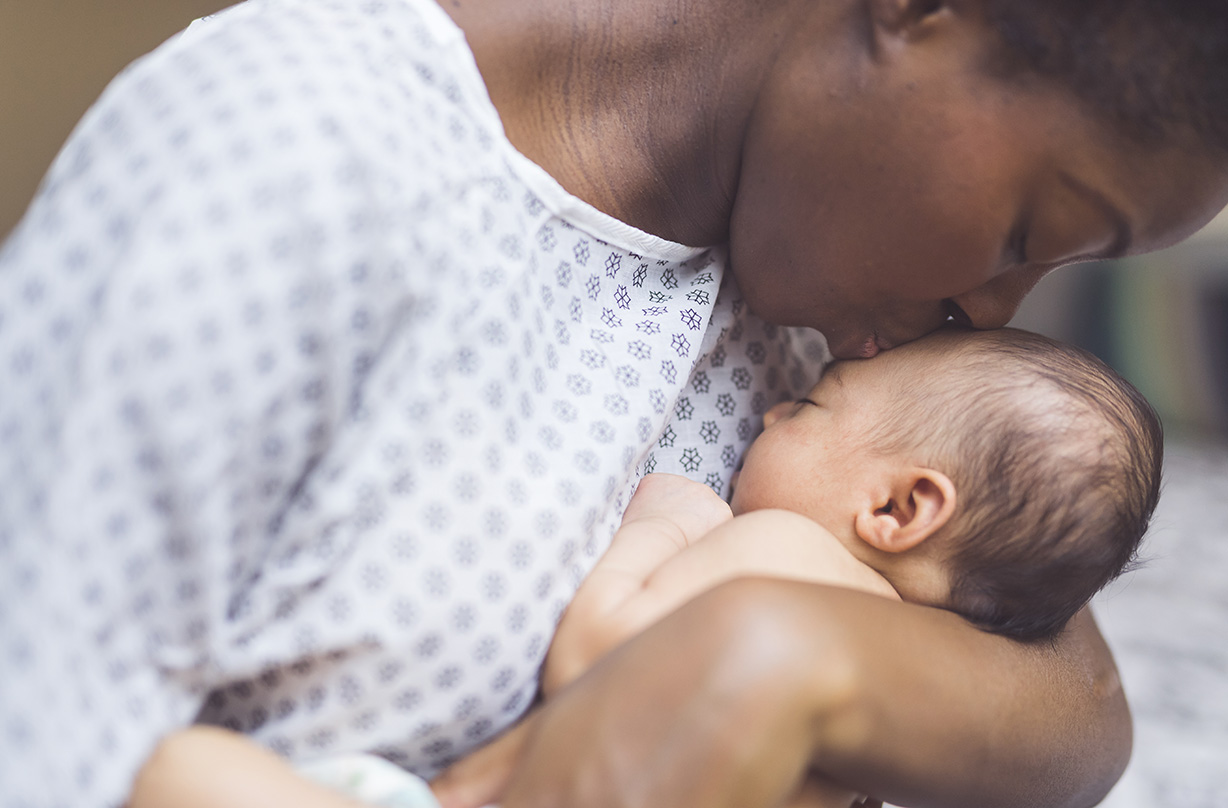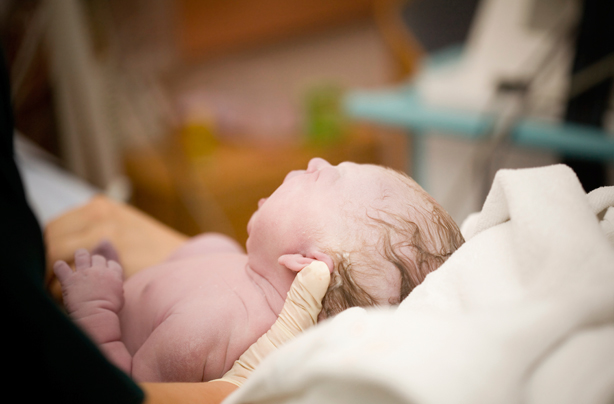Hoping to give birth in the middle of the day? Sorry, this is when it's most likely to happen…
A new study has found that women are more likely to give birth at around 4am than any other time of the day.

A new study has found that women are more likely to give birth at around 4am than any other time of the day.
New research has uncovered the time of day when women are most likely to give birth.
Researchers at City, University of London, analysed more than five million births in England and found that overall 71 per cent of births take place outside the hours of 9am and 4.59pm.
Births are most likely to happen between 1am and 6.59am, with the most common time for a baby to be born being around 4am.
Births were slightly more likely to happen on weekdays rather than weekends. Researchers found 28.5 per cent of births occurred between 9am and 4.59pm on weekdays.
The remainder took place outside these hours at weekends, on public holidays or between 5pm and 8.59 am on non-holiday weekdays.
Planned Caesarean births account for one in ten of all deliveries, and were most likely to take place between 9am and 11.59am.
GoodtoKnow Newsletter
Parenting advice, hot topics, best buys and family finance tips delivered straight to your inbox.

Lead author Dr Peter Martin, of UCL, who conducted the research while at City, University of London, said: 'Long-term experience and research from other areas has shown that human births without obstetric intervention are most likely to occur at night or in the early hours of the morning.
'This may be part of our evolutionary heritage. Our ancestors lived in groups that were active and dispersed during the day and came together to rest at night.
'So a night-time labour and birth probably afforded the mother and newborn baby some protection.
'This does not explain some of our other findings, however. It was not surprising to find that planned caesarean sections are not usually scheduled on holidays, but it is not straightforward to understand why numbers of spontaneous births, without any obstetric intervention, were lower on Christmas Day and Boxing Day than on other days of the year.
'Selective obstetric intervention in preceding days could be an explanation but more research would be needed to investigate this.'
A Freelance Writer and Content Editor, Jenni has been working on the women's lifestyle team at TI-Media on and off for over three years. She writes about your favourite celebrities and TV shows so you never miss an update. Jenni also writes beauty news and features - so for all of your skincare and make-up needs, drop her a line.